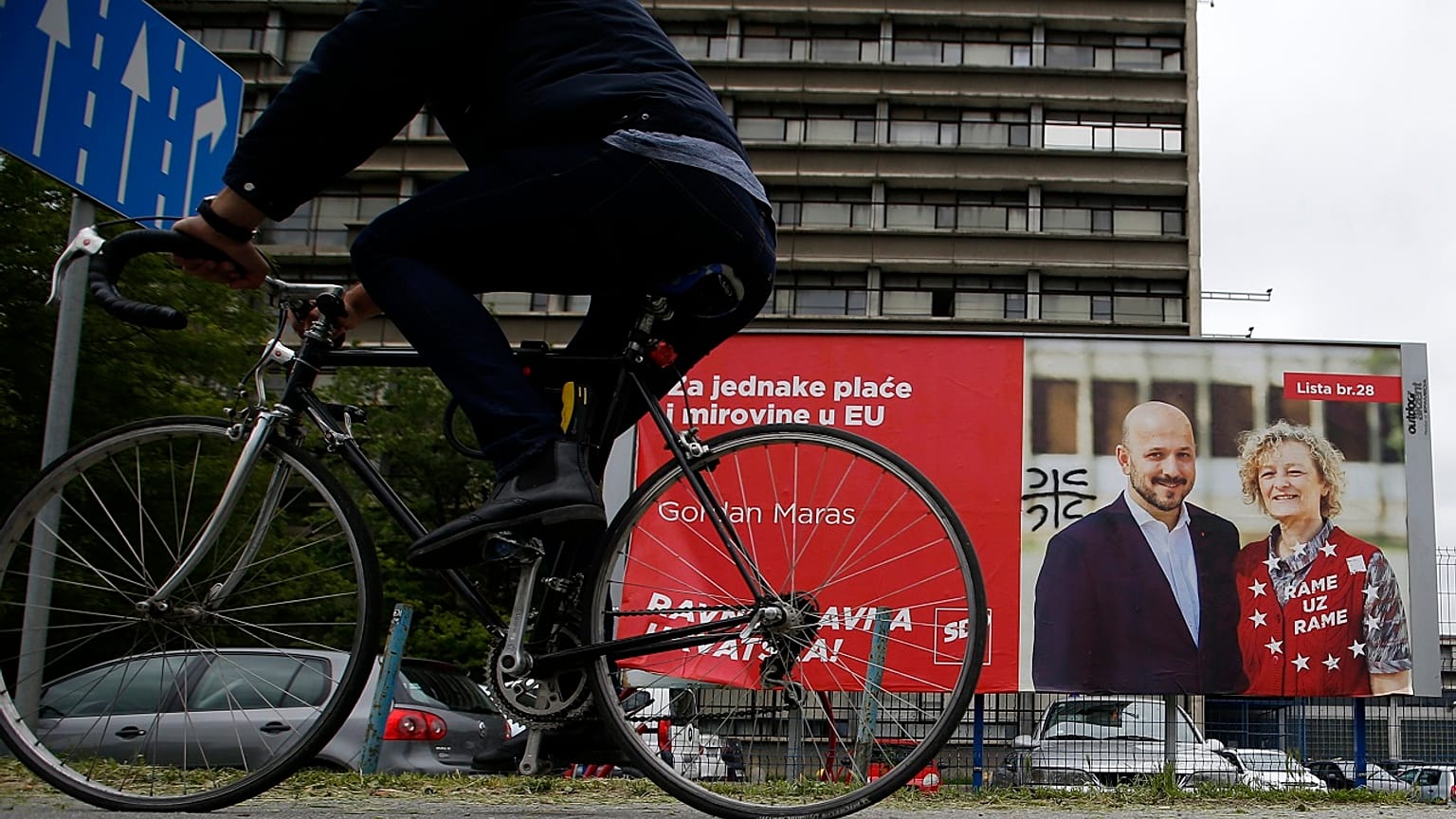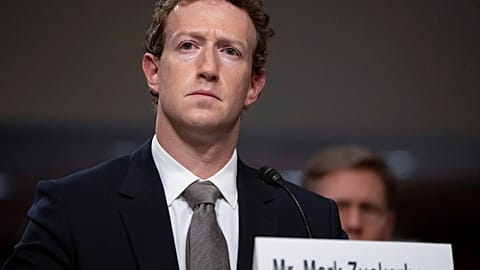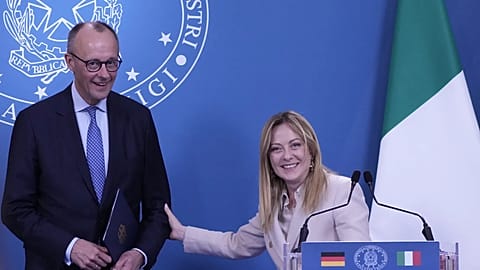Some online platforms have already said that new rules applicable from October are unworkable.
Broadcasters and advertising agencies are waiting for more clarity about what exactly falls under the scope of new EU political advertising rules that will be fully applicable as of 10 October.
The European Commission has pledged to provide further guidance to help implement the rules, and to help identify what constitutes political advertising, but so far these guidelines are not forthcoming.
Tech giants Meta and Google have already said that they will stop all advertisements about politics, elections and social issues on their platforms in the EU as the new rules enter into force.
Meta said in a statement in July that the legislation “introduces significant operational challenges and legal uncertainties” and “unworkable requirements”.
The EU’s rules on transparency and targeting of political advertising (TTPA) – aimed at countering information manipulation and foreign interference in elections – entered into force in April 2024, but most of the provisions will become fully applicable on 10 October this year.
Under the rules, political ads must carry a transparency label and clearly identify key information such as sponsors, the election to which they are linked, the amounts paid and targeting techniques.
In their public feedback to the Commission’s call for evidence, organisations warn against the ambiguity of the definition of political advertising.
The Publishers Council – which unites CEOs of Europe’s leading media organisations active in news media, television, radio and digital marketplaces – worry that publishers may not be able to comply with the rules.
“Not only will publishers not have the technical means to comply, but nor will they have the technical means to refuse political advertisements if they are served through programmatic advertising, thereby exposing publishers to unacceptable risk,” the feedback said.
They call for more clarity on how sponsors should be identified, formats for declarations to ensure consistency and on verification processes to ensure the authenticity of sponsors.
The European Advertisers Standards Alliance, an NGO that works to ensure that ads are legal and truthful, says that the definition of political advertising is a “direct concern”, and it needs to “guarantee that matters of commercial advertising are excluded from it.”
“The broad definition of political actors [...] may be challenging to implement. We believe there is currently no reliable source of information against which a service provider can check a customer or user’s political status to confirm whether they may qualify as a political actor,” the contribution said.
The European Broadcasting Union echoes these worries.
The alliance of 113 public service media organizations, in 56 countries in Europe and beyond, said more clarity is needed on what political advertising campaigns refer to. “Whether certain non-remunerated issue-based ads could be covered under this definition is not entirely clear,” it said.
“In case a broadcaster decides to air a series of ads encouraging audiences to act in a more environmentally conscious manner, could this be deemed to be an ‘in-house’ activity that is designed to influence political processes?” it asked.
The Dutch parliamentary election on 29 October will be the first where EU rules on political ads will apply in full.


















